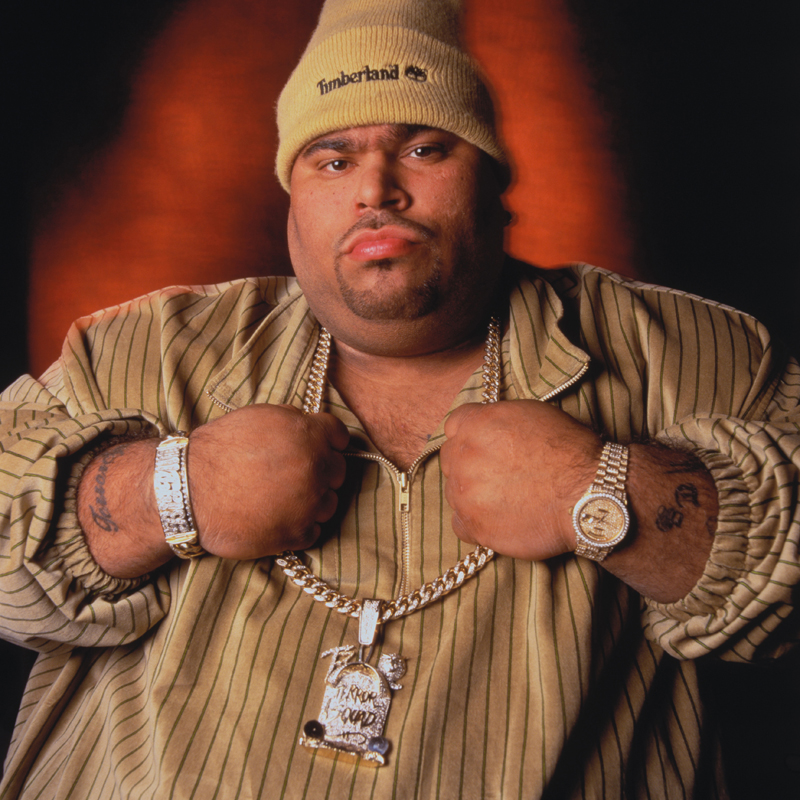From his mouth to our ears, Christopher Lee Rios aka Big Pun summarized who he was in a singular line. Rios was a student of the art of rap. He represented to the fullest with melodic verses that infused humor, observations on life and dizzying technical skill.
The Bronx born Boricua rapper came up in the borough that birthed hip- hop. He came of age during its golden era. Without a strong nuclear family. His own father passed away when he was a child and his mother dealt with drug abuse. Rios struggled with the issues of the time including poverty, homelessness and drug dealing.
Despite dropping out of high school, Pun was said to have been a voracious reader and became self-educated taking a particular interest in music’s newest genre: rap. More interested in music and mischief, Pun dropped out of high school. Soon he formed the group, Full-A-Clips Crew, with friends Triple Sies and Cuban Lynx. He took the name Big Moon Dawg (his first stage name).
The former athlete and nascent performer eventually won a legal settlement from a childhood injury that he lived off of. Rios was now a young husband and father who turned to food when the stress of his life became too much. However, it was his voice, which blended humor, two languages and references to Latino culture and style (complex alliteration, multi-syllabic rhyme schemes and rapping while rarely pausing for breath) that caught the attention of another Bronx, Puerto Rican rapper, Fat Joe. Taking inspiration from a comic book character, Rios renamed himself Big Punisher or Big Pun. As Joe’s protégé he dropped verses on his mentor’s album Jealous One’s Envy in 1995 and made an unforgettable appearance on the Beatnuts track, “Off the Books” in 1997.
Pun was signed as a solo artist to Loud Records. His debut album Capital Punishment was released in 1998 with cameos by major artists including Wyclef Jean, Busta Rhymes and RZA of the Wu Tang Clan to name a few. Pun’s debut made a major impression. It reached #5 on the Billboard 200 chart and #1 on the Top R&B Albums chart. Aside from sales, accolades were plenty. The album garnered a Grammy nomination for “Best Rap Album” in 1999 and reached platinum status. The latter making Big Pun the first Latino rapper to ever sell 1,000,000 million albums. Above all, his solo effort was critically and commercially successful earning him comparisons to another future rap icon in the making Biggie Smalls.
Pun’s career was exploding – he had made a second album, began taking on acting roles and continued making guest appearances on other artists’ songs. Yet, as his professional life took flight, so did Pun’s weight and it had begun impeding his live performances. Despite efforts to control his size he soon weighed nearly 700 pounds. In February 2000, the 28-year-old’s life was cut short by a fatal heart attack. Pun died just months before the debut of his second album, Yeeeah Baby.
While his body of work was small, he has left a significant and lasting impact. Just four albums, two released posthumously, all reached the Top Ten Billboard charts proving that the man and his music were still endeared and a testament to Pun.
For sharing his life on vinyl, expressing his deep pride in his culture, and living full bodied and completely, Big Pun, our greatest rapper of all time, was a true don.

